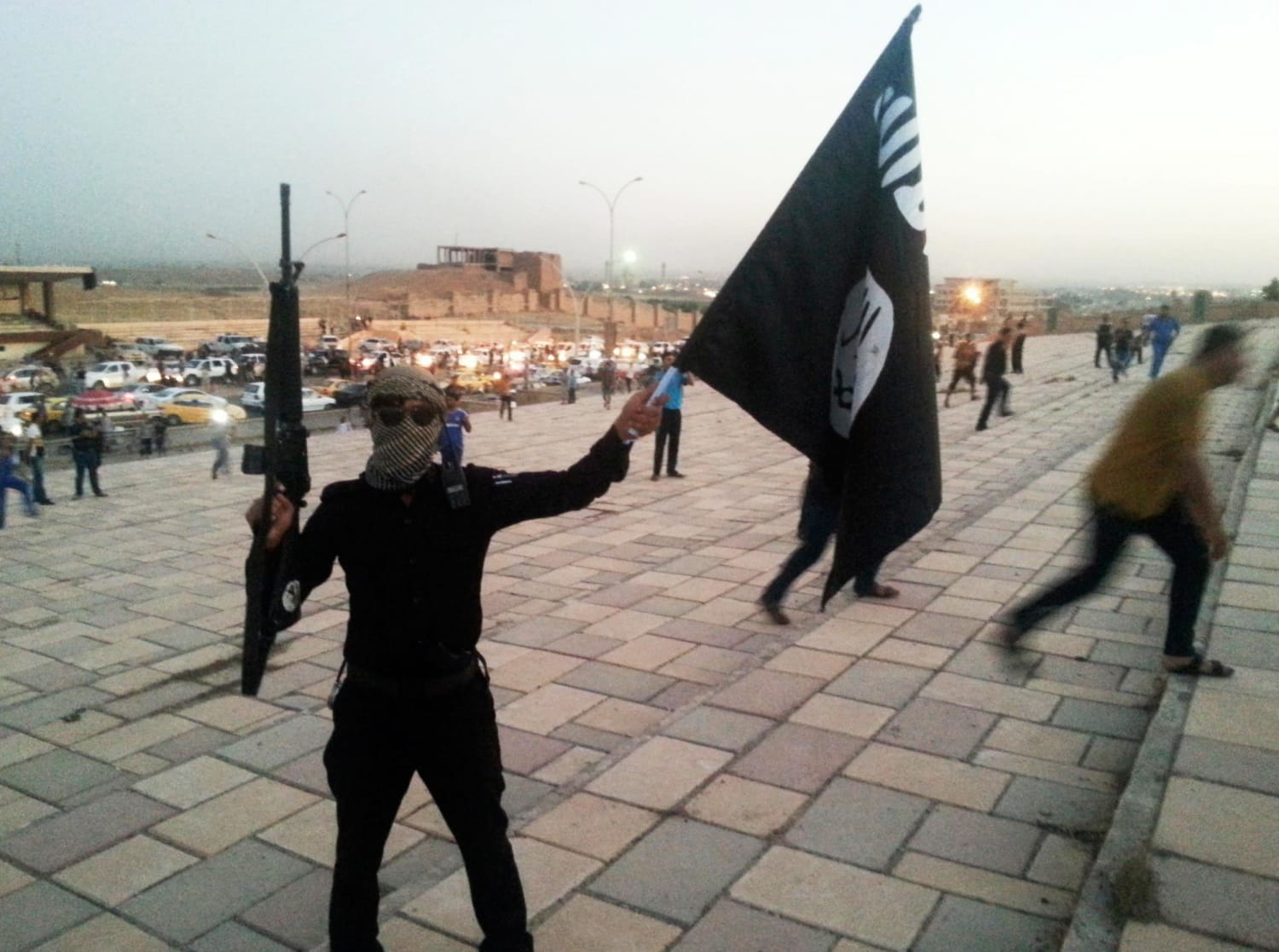By Craig Hovey
It’s one thing to charge American media sources for being biased in favor of either Israelis or Palestinians (here is one example). But some commentators (like here and here) have been trying to make sense of the fact that Israel-Palestine gets more airtime than other conflicts, that the violence currently in Gaza is prompting much greater American media response, public protest, and analysis than violence in Syria, Ukraine, and northern Iraq.
One commentator highlights the phenomenon by pointing to the fact that, last weekend, there was a higher death toll in Syria than total casualties so far in Gaza. He also cites a reporter for the Pakistani newspaper Al-Hayat who tweeted about anti-Israel protests in Pakistan but no anti-Syria protests even though Syria has 320 times the death-toll.
This report (and this analysis) likewise show the relative lack of concern for Syria compared to Gaza, so much so that a Youtube video of Syrian children being used as human shields was largely ignored until it was re-posted with the false claim that it shows Hamas and children in Gaza.
There just seems to be something about the Israel-Palestine situation that consistently registers much more highly for the average American than other current conflicts. A former student of mine remarked that in his town people are wearing pro-Israel or pro-Palestine t-shirts like they are sports fans.
Contrast this with the situation in northern Iraq. There are stories reporting ISIS’s order of female genital mutilation for the women of Mosel and the rape and murder of Iraqi Christians in Mosel while “the West is silent.” Why the silence?
I worry that no explanation is very flattering. Perhaps Americans are so fed up with Iraq that we simply don’t want to hear about it any more. It could also be that the idea of a persecuted Christian minority is embarrassing for some western believers for whom Christianity is a conquering force, or else is incongruous for western secularists for essentially the same reason, together with the assumption that these conflicts are only about politics and not about religion.
Still more reasons must include the closer connection many Americans feel with Israel due to the large proportion of Israel that claims European or American ancestry. There is also a cultural connection in which western political and moral ideas such as democracy and how to wage war justly may be thought more plausibly to be expected of Israel compared to Arab nations. These last two points might help explain both opposition to Israeli policies and the prominent place that the Gaza situation has on the radar. We don’t have anti-Syria protests like we do anti-Israel protests because, according to the Al-Hayat reporter, the “only reason I can think of is Muslim killing Muslim or Arab killing Arab seems more acceptable than Israel killing Arabs.”
It’s of course hard to know how to account for it all, but it strikes me that there is more going on than merely a need for journalistic balance or “equal time.” We actually seem to want to hear about some things and not others.

4 comments:
Being able to discriminate in our wants allows us to put on blinders. Maybe we can only stand so much horror. Gaza, Syria, Iraq, Ukraine, Mali, Sudan, the list is too long. Why Israel/gaza? Perhaps because Israel is a democracy similar to our own. We would like to think we would handle Israel's problems in a better manner.
I appreciate ACN highlighting the horrible violence being committed by ISIS. I would like to respond to two points you've made in your post.
First, perhaps before writing this post, you did not have a chance to connect with any of the thousands of activists and community organizers around the United States (and indeed, in at least three locations in Ohio) who are working to mobilize people for justice in Palestine. One of the core messages within this movement answers your question about why people are focusing so much on Gaza right now, and on the Israel/Palestine conflict more broadly. As you are no doubt aware, the U.S. recently approved an enormous sum of military aid for Israel, and such military aid has a long history. Given how much of U.S. tax dollars support the arming of Israel--and given the power of groups like AIPAC--is it surprising that people in the U.S. would take to the streets to protest the killings their tax dollars are funding, or that the BDS movement would gain such traction? As the ACN no doubt recognizes, violence does not occur in the abstract. It requires resources and in this case, the U.S. is directly supporting the arming of Israel which is causing the killings in Gaza. The U.S. is not arming ISIS with millions of dollars every year. I don't doubt that people "care" (to use your term) about ISIS. They just aren't mobilizing against it in the same way.
Second, you write in your post the following: "Contrast this with the situation in northern Iraq. There are stories reporting ISIS’s order of female genital mutilation for the women of Mosel and the rape and murder of Iraqi Christians in Mosel while 'the West is silent.'" The way this is written appears to lend credence to the stories of female genital cutting ordered by ISIS. This story has been largely discredited (see here: http://thinkprogress.org/world/2014/07/24/3463683/no-isis-isnt-ordering-female-genital-mutilation-in-iraq/). Surely we can express our opposition to the horrible violence being committed by ISIS without lending credence to fictitious allegations that have their root in Islamophobic stereotypes.
When I wrote this, the FGM claim by the UN was being reported by the BBC and The Guardian. I'm glad to see that it probably isn't true.
I agree with you about Israel/Palestine, that US support for Israel certainly contributes to American focus on that conflict.
Post a Comment